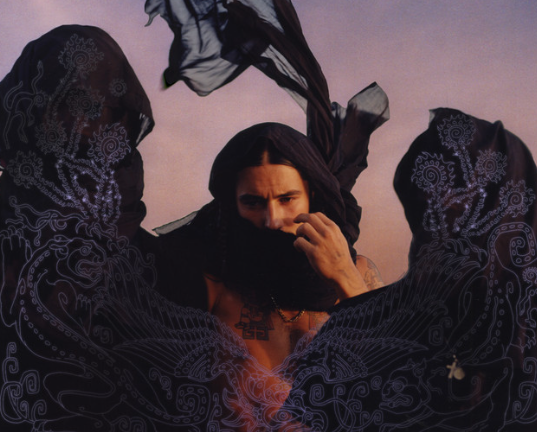
Every so often, a record appears that feels less like an album and more like a return—a reminder that music can still be ritual, ceremony, memory. AKIRA’s debut Niños del Bosque (Children of the Forest) belongs to this rare lineage. The Zurich-born, Argentina-rooted artist describes his sound as Psychedelic Cumbia, but such a label only hints at its gravity. In his hands, cumbia becomes a living forest: branches of dub and rock, roots tangled with ancestral memory, and leaves whispering with the voices of the departed.
“Kumbia de los Pájaros” greets the listener like the opening of a sacred rite. Its percussion is earthy, its breathy flutes carrying the weight of something older than song. “Mononoke” marches with martial precision, yet pulses with mythic energy—half protest, half prayer. The haunting “Cumbia Negra” sways between lament and defiance, like a tango danced on a knife’s edge. And “Abuelita,” perhaps the album’s most piercing moment, dives directly into ancestral wounds, drawing out pain and medicine alike.
To hear these tracks is to step into a dialogue between the living and the dead, between the modern and the primeval. AKIRA does not treat heritage as nostalgia but as active force—his cumbia is not preserved in amber but ignited anew, glowing with the vision of ayahuasca and the weight of collective memory. It is music that insists survival is an act of love, and dance an act of resistance.
Raised on the voices of Marley, Prince, Gardel, and El Cigala, AKIRA has distilled these influences into a vision entirely his own. Niños del Bosque is not only a debut but a manifesto: a declaration that the forest still sings, that the ancestors still drum, and that new generations of niñas and niños del bosque are ready to answer the call.
